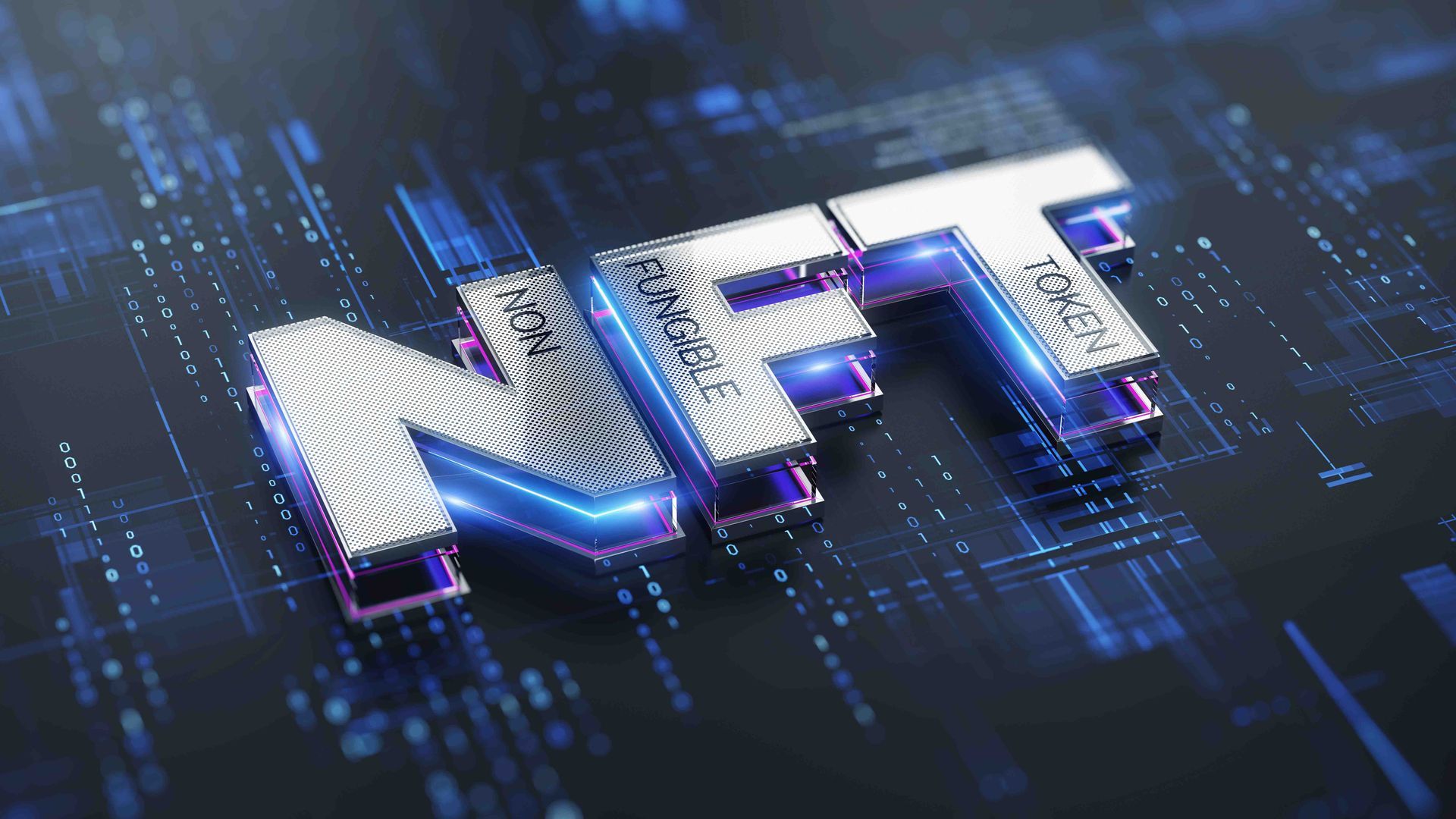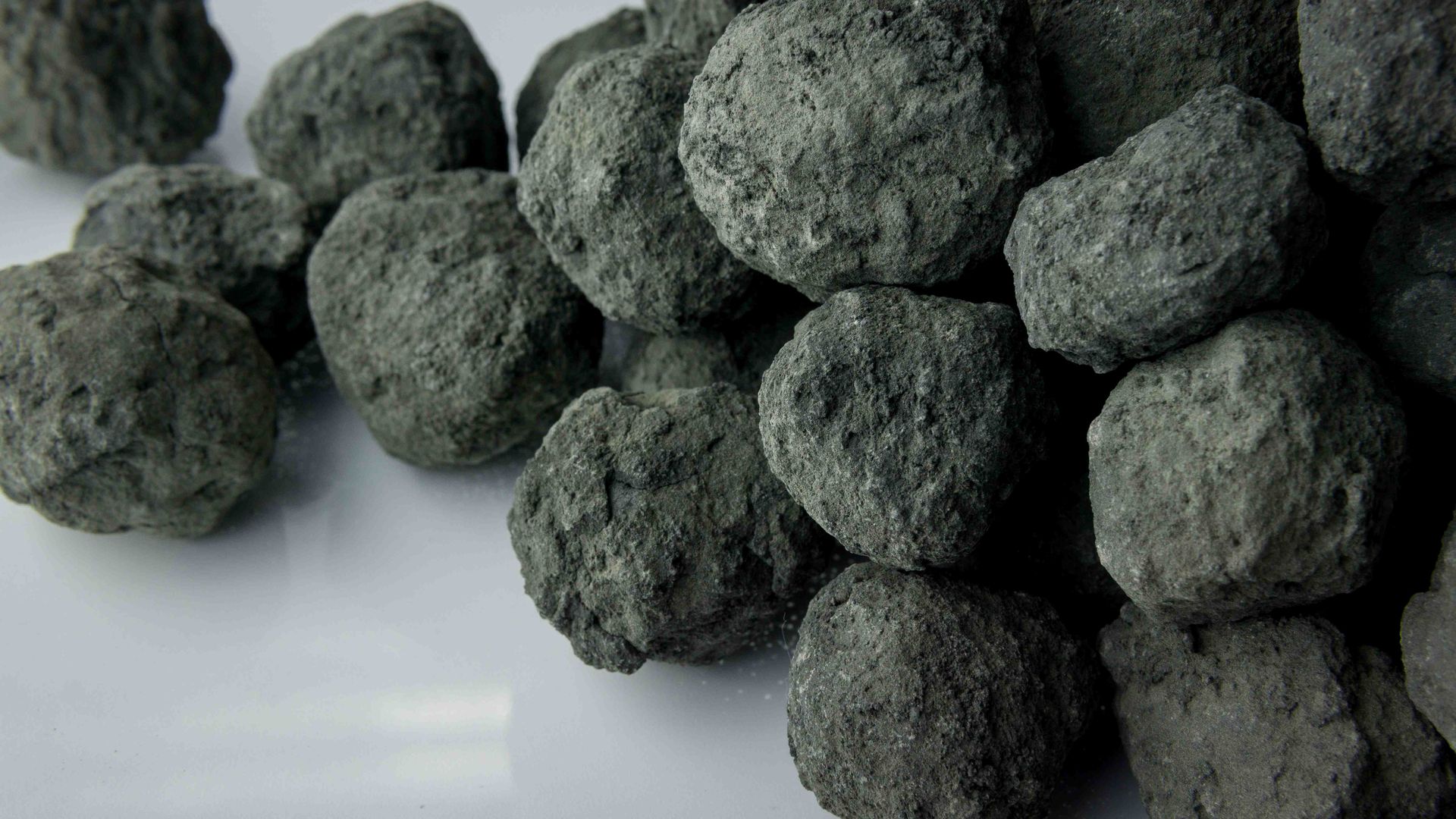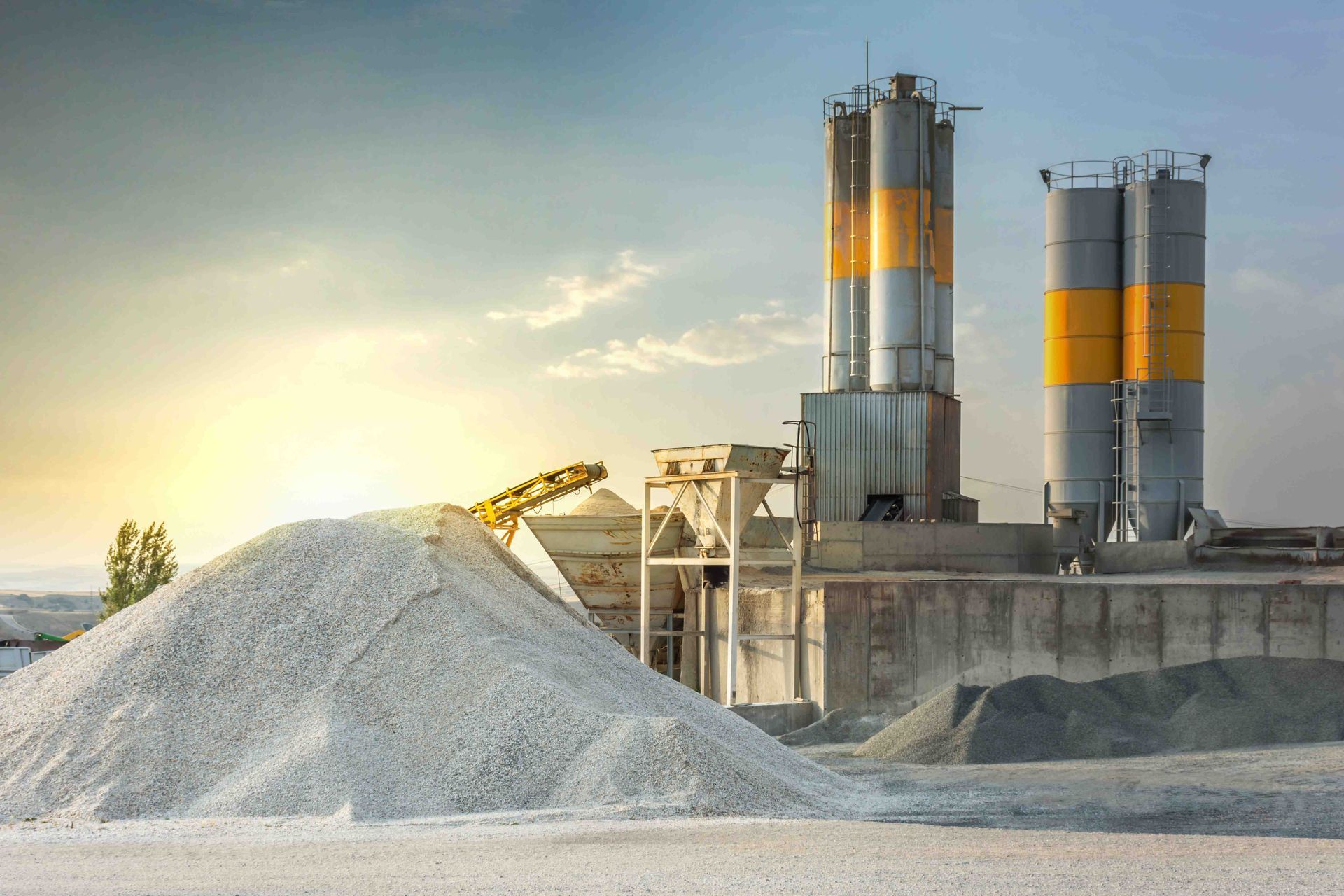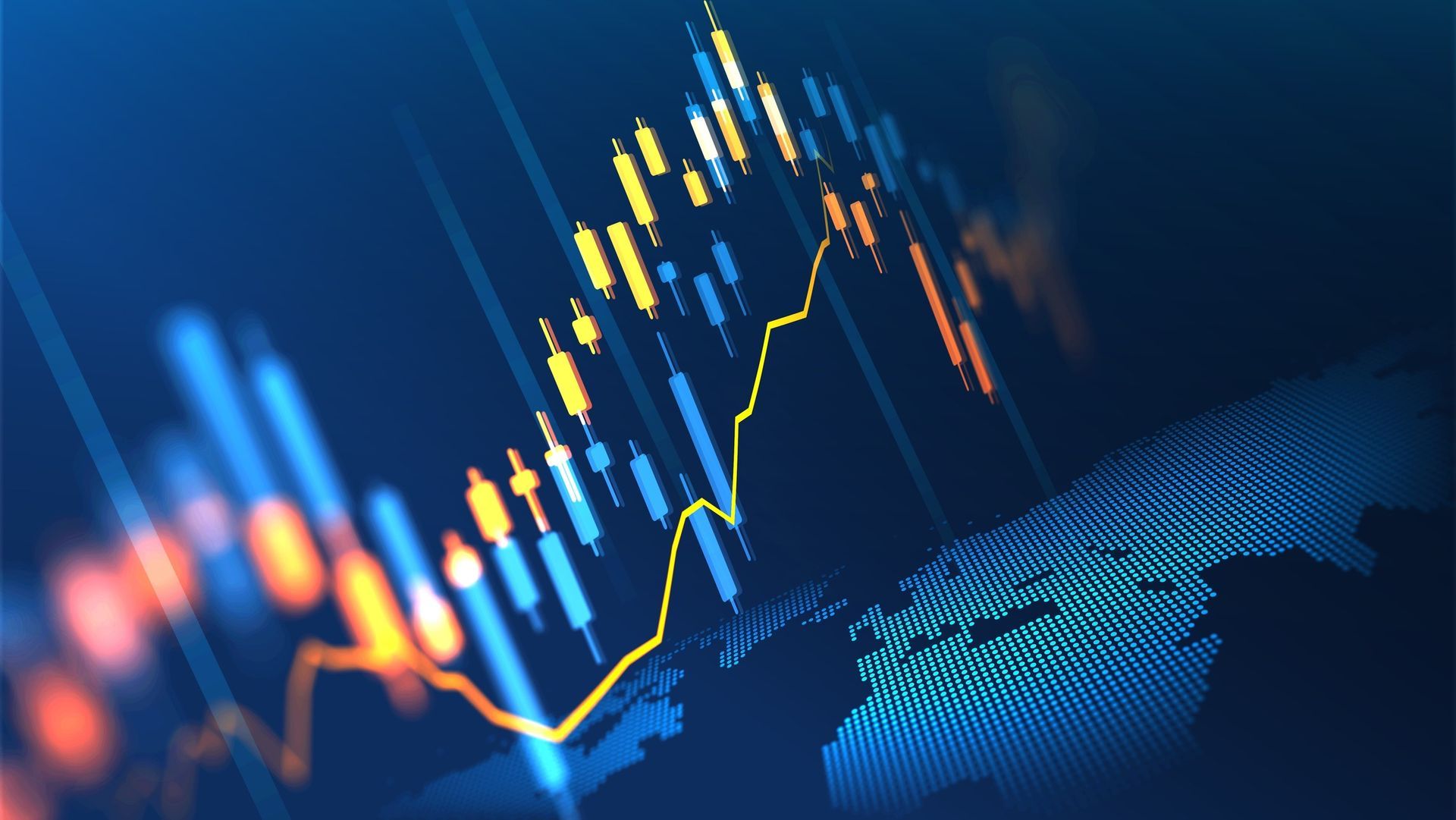5 Things To Consider When Choosing A Physical Commodity Trading Software
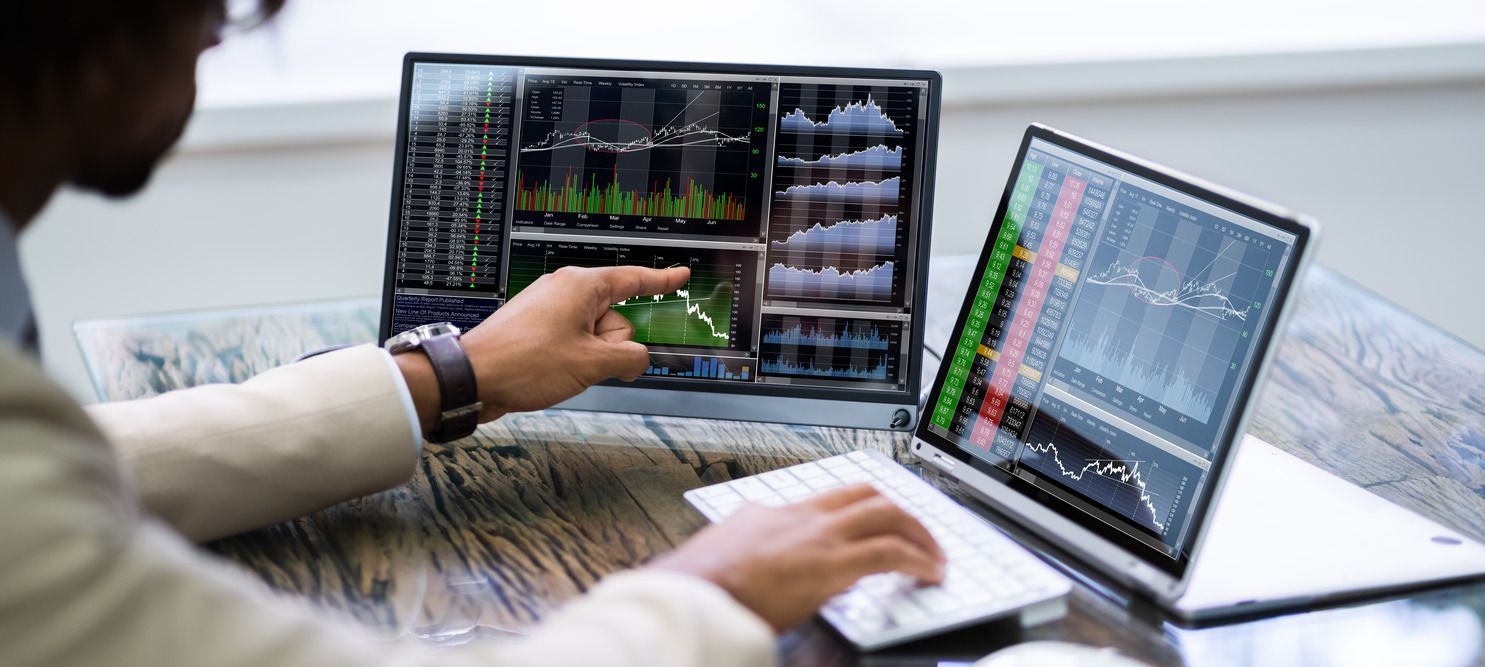
If you are planning on trading physical commodities, the way it's done is a little easier today compared to long ago. That’s because we live in the digital age - where things are more possible to do thanks to the technology we have access to. This includes trading platforms for stocks, cryptocurrencies, and yes…even physical commodities as well.
We’ll be going over five things to consider when choosing a physical commodity trading software. After reading through this, the process will be less challenging. You’ll be on your way to trading physical commodities that you have an interest in.
Ready to get started? Here we go.
1. Integration and compatibility
First, let’s take a look at whether or not the software you’re looking for has seamless integration with your current technological setup. A physical commodity trading software will need certain requirements in order to operate properly. This is where your devices such as a desktop computer or your smartphone come into play.
It needs to meet certain specifications so it can properly support itself during operation. For example, if your desktop doesn’t meet certain requirements like hardware or if it’s running the proper operating system, you won’t be able to use it. But not all hope is lost.
Your smartphone may have a mobile app that will allow you to trade physical commodities. In today’s digital world, trading software you use on a desktop (either locally or online) may be linked to a mobile device. Thus, it’ll make it easier to trade anytime, any place.
2. Risk management capabilities
In trading, there will always be risks. As such, you’ll want to choose a physical commodity trading software that will be in line with your risk management capabilities. It’s important to remember that it has to help you with identifying, assessing, and mitigating any potential risks that may arise.
With this in mind, it’s important to find a software that will provide you with risk analysis, exposure tracking, and scenario modeling - preferably all in real time. If you are able to utilize the risk management tools provided, you can be able to monitor your risk limits while being able to make an informed decision on your investments.
If you have never traded physical commodities before, you may want to find a software that is user friendly. Some of them may be for those who know their way around trading software. However, there are others out there that will be a better fit for beginners.
One in particular is eToro, which features demo accounts to help you sharpen your trading skills while providing you with an excellent understanding of the market. If you have never traded before, it’s important to educate yourself on the process such as risk, what commodities you can trade, and more.
3. User interface and accessibility
Though we’ve touched on this in the previous point, let’s go a bit more in-depth. User interface and accessibility will be important in deciding which physical commodity trading software works best for you. As we’ve mentioned, beginners should find one where the learning curve isn’t as challenging.
You need to make sure the software is easy to navigate. At the same time, you want to find out if there are other features such as real-time analytics and customizable dashboards. But let’s not stop there.
Accessibility is another thing to take into consideration. In today’s digital age, one of the best innovative solutions is the “cloud”. Such technology will give them the ability to access the software from any device anywhere so long as you have the credentials.
You can execute your commodity trades just about anywhere in the world. Cloud-based solutions will be your better option for these reasons. We told you the digital age made things a little easier including trading commodities.
4. Scalability and performance
Trading activities can grow over time. When they do, you want a software that will scale alongside it. When looking for something that will allow you to trade commodities, you want something that will give you the ability to scale whenever you want to handle more transactions and data. At the same time, you want to find a software that is fast, has minimal latency, and will be reliable even when the markets are getting volatile.
Of course, the one thing to keep in mind is scalability comes at a price. Depending on the software you’re using you may be paying more if you’re scaling upwards. If you want to scale down, you can do so while paying less for the software service in the process.
Once again, this ties into the cloud-based solutions that exist on the market. One of the major benefits is that you can pay for the amount of resources you use. If you scale upward, you’ll pay more (and vice versa).
5. Regulatory compliances
A software that offers commodities trading must be compliant with regulations - including multi-national regulations involving trading. A software provider should also be transparent about their compliance measures and prove that they are keeping up to date with any regulation changes.
You want to look for features like reporting tools, audit trails, and even compliance monitoring. It will ensure that the regulatory requirements are being followed while they keep record of your trading activities. If they face legal issues, it can also threaten your account and even your financial future as well.
The regulations also include the country where the traders reside. If you are a United States resident, see if it complies with any regulations outlined by the Security Exchange Commission (SEC). Trading platforms that are not regulated by certain jurisdictions will likely disallow residents of said country to use the platform (i.e - No American citizens allowed due to no compliance with SEC regulations).
Let PermuTrade help with physical commodity trading
If you are interested in trading physical commodities, PermuTrade will be able to help. You might find the right trading software, but we’ll be able to help you with an idea of which commodity may be worth watching for. For more information, contact us today and we’ll be happy to help.
Disclaimer: The information on this website and blog is for general informational purposes only and is not professional advice. We make no guarantees of accuracy or completeness. We disclaim all liability for errors, omissions, or reliance on this content. Always consult a qualified professional for specific guidance.

